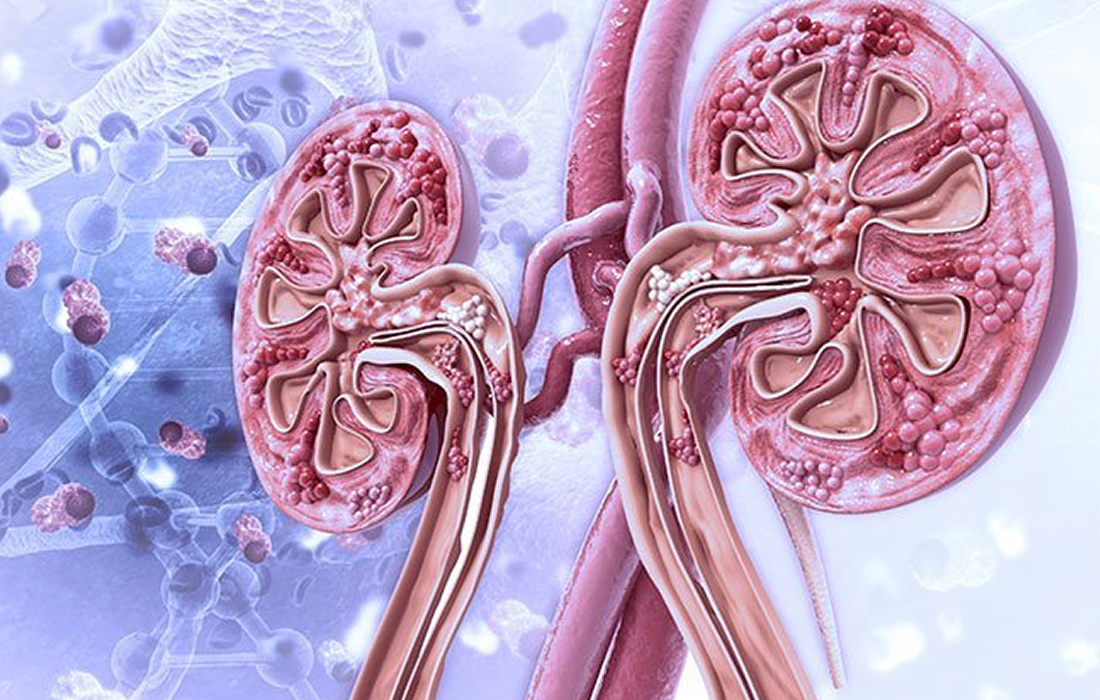Stem Cell Therapy for Specific Conditions
Stem Cell Therapy for Lupus Nephritis
Systemic lupus erythematosus (SLE) is an autoimmune disorder often characterized by the development of glomerulonephritis. The general consensus is that 60% of lupus patients will develop clinically relevant nephritis at some time in the course of their illness, and lupus nephritis (LN) is a major cause of mortality among patients.
What is Lupus Nephritis?
Lupus nephritis is a frequent complication in people who have systemic lupus erythematosus — more commonly known as lupus.
Lupus is an autoimmune disease. It causes your immune system to produce proteins called antibodies that attack your own tissues and organs, including the kidneys.
Lupus nephritis occurs when lupus autoantibodies affect structures in your kidneys that filter out waste. This causes kidney inflammation and may lead to blood in the urine, protein in the urine, high blood pressure, impaired kidney function or even kidney failure.
What are Common Symptoms of LN?
Signs and symptoms of lupus nephritis include:
- Blood in your urine.
- Foamy urine (due to excess protein in urine).
- High blood pressure.
- Swelling in your hands, ankles or feet.
- High levels of a waste product called creatinine in your blood.
What Causes Lupus Nephritis?
As mentioned before up to 60% or more patients with lupus can develop nephritis as a complication of the disease. Systemic lupus causes immune system proteins to damage the kidneys, harming their ability to filter out waste.
Although women are more likely to get lupus, men get lupus nephritis more than women and people of black heritage, Hispanics/Latinos and Asian Americans are more likely to have lupus nephritis than whites.
Current Treatment Options
There is no cure for lupus or for lupus nephritis. Treatment aims to reduce symptoms or make them disappear, which is known as remission, to keep the disease from getting worse, to maintain remission and/or to avoid the need for dialysis and a kidney transplant.
Some treatment options include dietary changes, such as limiting the amount of protein and salt in your diet, or medications. Some examples of medications are:
- Blood pressure medications. Drugs called angiotensin-converting enzyme (ACE) inhibitors and angiotensin II receptor blockers (ARBs) can help control blood pressure. They can also prevent protein from leaking from the kidneys into the urine.
- In severe lupus nephritis, medications to slow or stop the immune system from attacking healthy cells are used, such as:
- Steroids, such as prednisone.
- Cyclosporine.
- Tacrolimus.
- Azathioprine (Imuran).
- Rituximab.
- Belimumab.
- Patients with kidney failure:
- Dialysis, which helps remove fluid and waste from the body, maintain the right balance of minerals in the blood and manage blood pressure.
- Kidney transplant.
Use of Cellular Therapies
Mesenchymal stem cells (MSCs) possess immunomodula- tory and reparative properties through specific interactions with immune cells that participate in both innate and adaptive immune responses. MSCs exposed to an inflammatory micro- environment can downregulate active immune responses.
A study published in the journal Clinical Rheumatology by Gu and colleagues evaluated the use of MSCs in 81 patients with refractory Lupus nephritis who did not respond to conventional treatment regimens.
The researchers used allogeneic bone marrow MSCs isolated from bone marrow aspirates obtained from healthy donors, i.e., members of the patient’s immediate family (23 patients). The patients who did not have appropriate bone marrow donors were infused with umbilical cord (UC)-derived MSCs (58 patients).
All patients were monitored over the course of 12 months with periodic follow-up visits to evaluate renal remission, as well as possible adverse events. The primary outcome was complete renal remission (CR) and partial remission (PR) at each follow-up, as well as renal flares. The secondary outcome included renal activity score, total disease activity score, renal function and serologic index.
All patients received a single intravenous infusion of BM- or UC-derived MSCs (1 million cells per kilogram of body weight per infusion).
A total of 49 patients (60.5%) achieved renal remission during the 12 month visit after MSCs transplantation. Total disease activity evaluated by Systemic Lupus Erythematosus Disease Activity Index (SLEDAI) scores also decreased after treatment. Patients were also able to taper prednisone dosage according to their clinical status and laboratory indicators of disease remission.
Based on the results, the clinical efficacy of MSCs in Lupus nephritis patients is promising. Researchers concluded that their findings suggest that treatment with MSCs is efficacious for patients with active and refractory lupus nephritis, showing favorable safety and positive results for up to 12 months after the transplantation.
Sources:
Gu, F., Wang, D., Zhang, H. et al. Allogeneic mesenchymal stem cell transplantation for lupus nephritis patients refractory to conventional therapy. Clin Rheumatol 33, 1611–1619 (2014). https://doi.org/10.1007/s10067-014-2754-4
https://www.mayoclinic.org/diseases-conditions/lupus-nephritis/symptoms-causes/syc-20354335
Image from:
https://www.emedicinehealth.com/how_is_lupus_nephritis_treated/article_em.htm

